My Antarctic Dispatch
What It Feels Like To Arrive In Antarctica
👋 Hi to 3,023 climate buddies 🌳
Delphi Zero explores the interplay of climate, energy, and security 🌳🔋🛡️
📧 If you are opening this essay in your email inbox, I recommend to click on the title of this piece to enjoy the full-length version in the browser.
Traveling to Antarctica was awe-inspiring in a way I wouldn’t have thought possible.
This is the start of a series, where we’ll explore the scale, the serenity, and the significance of my favorite place on earth - the Seventh Continent 🐧
My Antarctic Dispatch: What It Feels Like To Arrive In Antarctica
The Ocean Is Everything: Marine biologist Anya Astafurova takes us into the depths of our mysterious oceans.
Let me share with you my very personal experience.
Antarctic Dispatch
By Art Lapinsch (pictures courtesy of Sara Shih and myself)
Let’s start with some trivia. Why is it called Antarctica?
Turns out, Arctic comes from the Greek word ἀρκτικός - "arktikos" or “near the bear” - and refers to the star constellation Ursa Major mainly found in the northern sky. Also, polar bears are only found in the Arctic/northern regions.
Antarctica comes from ἀνταρκτικός - "antarktikos" or “opposite the bear.” No bears but lots of penguins 🐧
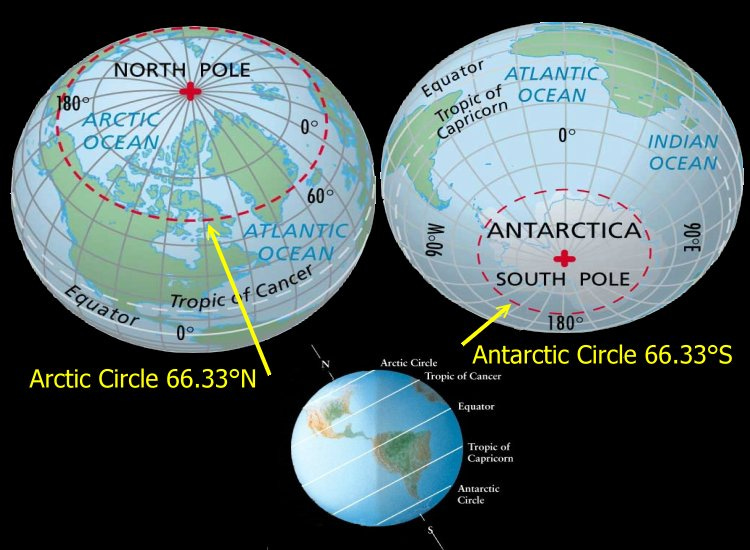
Earlier this year, my wife, two friends, and I departed on a journey to Antarctica 🇦🇶
We embarked on February 4th from Ushuaia, Argentina. The journey would take us through the famed Drake Passage - also known as the roughest sea in the world.
All of us went through the motions: Novelty, boredom, sea sickness, adaptation, excitement.
140 guests. 120 crew. 1 Polar Class 5-certified vessel.
48 hours. Nothing but water. A lot of water.
On a side note: What would happen if an alien would randomly be dropped on Earth?
Given that Earth’s surface is ~71% water and 29% land, that particular alien would most likely land in the middle of the ocean. It would struggle to stay afloat, then find its composure, and after enough idle time deduce that most likely this planet must be dominated by an organism that is adapted to water, since it’s all that the alien is seeing and experiencing.
Most likely, it would be shocked to see a horde of land-evolved monkeys zip by on a Polar Class 5 vessel.
Anyway, where was I?
48 hours is enough time to flush your senses from the daily grind. No internet, no news, no distractions.
And so, in the late afternoon on February 6th all of us were in for a treat: The sighting of the first ice berg among thick fog 🧊
People stood up, rushed to the windows and onto deck and started sharing their excitement:
“Is that an iceberg?”
“Wow! Do you see that?”
“I can’t believe it.”
It’s hard for me to put into words. But there’s something primal inside of us that gets triggered in such a moment. Maybe it’s the fact that we need some sort of sensory contrast? Maybe it’s that we want to “feel safe” by knowing that there’s a land mass where we could theoretically set foot and walk around?
I don’t really know why, but - in a way - it felt very human.
Ultimately, when people ask me “how was it?,” I usually think of three things:
The Scale
The Serenity
The Significance
I’ll showcase these by talking you through our day of arrival in Antarctica.
Disclaimer: I have somewhere between 10,000 - 20,000 more words in me to summarize the trip in its entirety. If you’re interested in the full account (logistics; impressions; technology; wildlife; etc.), go to my personal blog and sign up to get the magnum opus.
In this Delphi Zero essay, we’ll focus on the big picture 🇦🇶
The Scale
One thing that no one prepares you for is the scale of the place. Everything is massive.
The most striking example I can think of is the first “holy shit” moment of this trip.
As I said, we travel for two days straight, the fog parts, we see icebergs here and there, and suddenly, we see this monster 👇
Yes, the picture looks insane. Yes, the iceberg seems to rock a halo on top. Yes, the shape of this iceberg is wild.
But… this picture doesn’t do it justice.
One of the expedition photographers explained it in a way that made sense to me:
A photo or a video is a representation of something but it misses important context.
It can capture the image but what it cannot capture is the journey, the context, and the personal experience of that particular moment.
It doesn’t replace the experience itself.
And I agree. This picture doesn’t capture:
The fact that we traveled 48 hours and this was one of the first things we saw
The fact that this iceberg was probably 10x the size of our vessel (which in itself is 100m long)
The fact that seeing this iceberg had some sort of religious quality to it (I don’t really believe in god but this is the closest thing to a spiritual experience that I can think of)
And the wildest thing is that this was just the beginning. The icebergs were getting bigger, the views more stunning, and the mind-blowage more extreme.
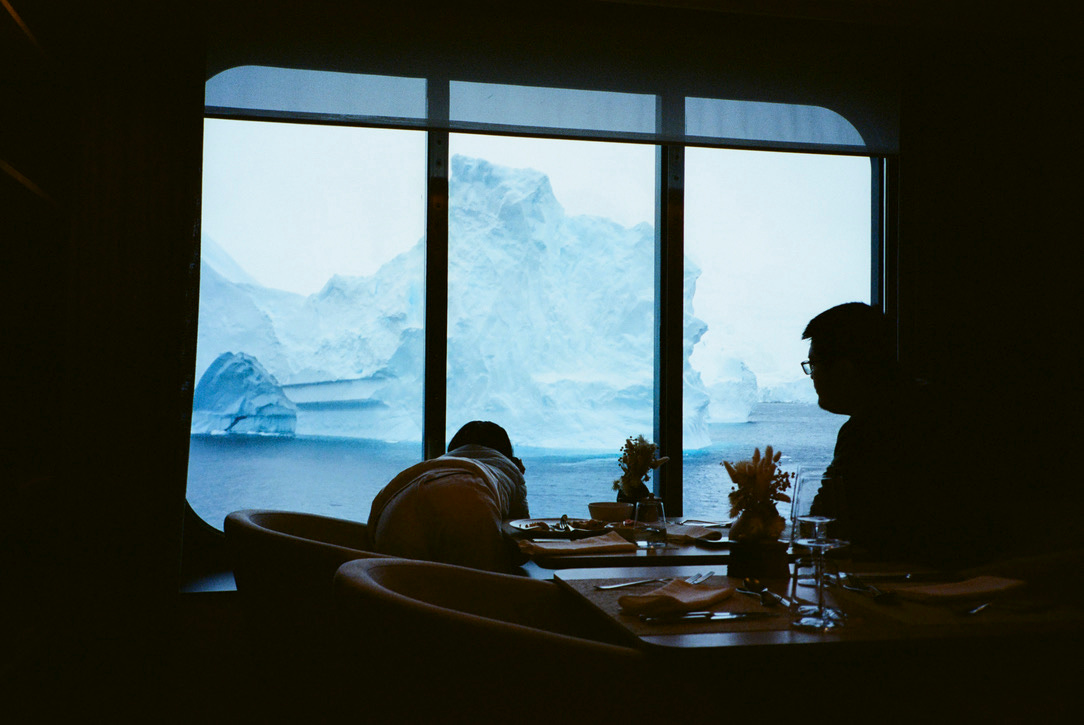
Antarctica by the Numbers
🇦🇶 Hefty Footprint: Antarctica covers ~14.000.000 square kilometers // It’s twice the size of Australia and larger than the combined area of the US & Mexico.
🧊 Ice, Ice, Baby: (1) 98% of Antarctica is covered in ice, (2) which represents 90% of the world’s ice; (3) the average thickness of the ice is ~2km and can reach up to 4.5km; (4) during winter the sea ice expansion leads to a doubling of Antarctica’s surface area.
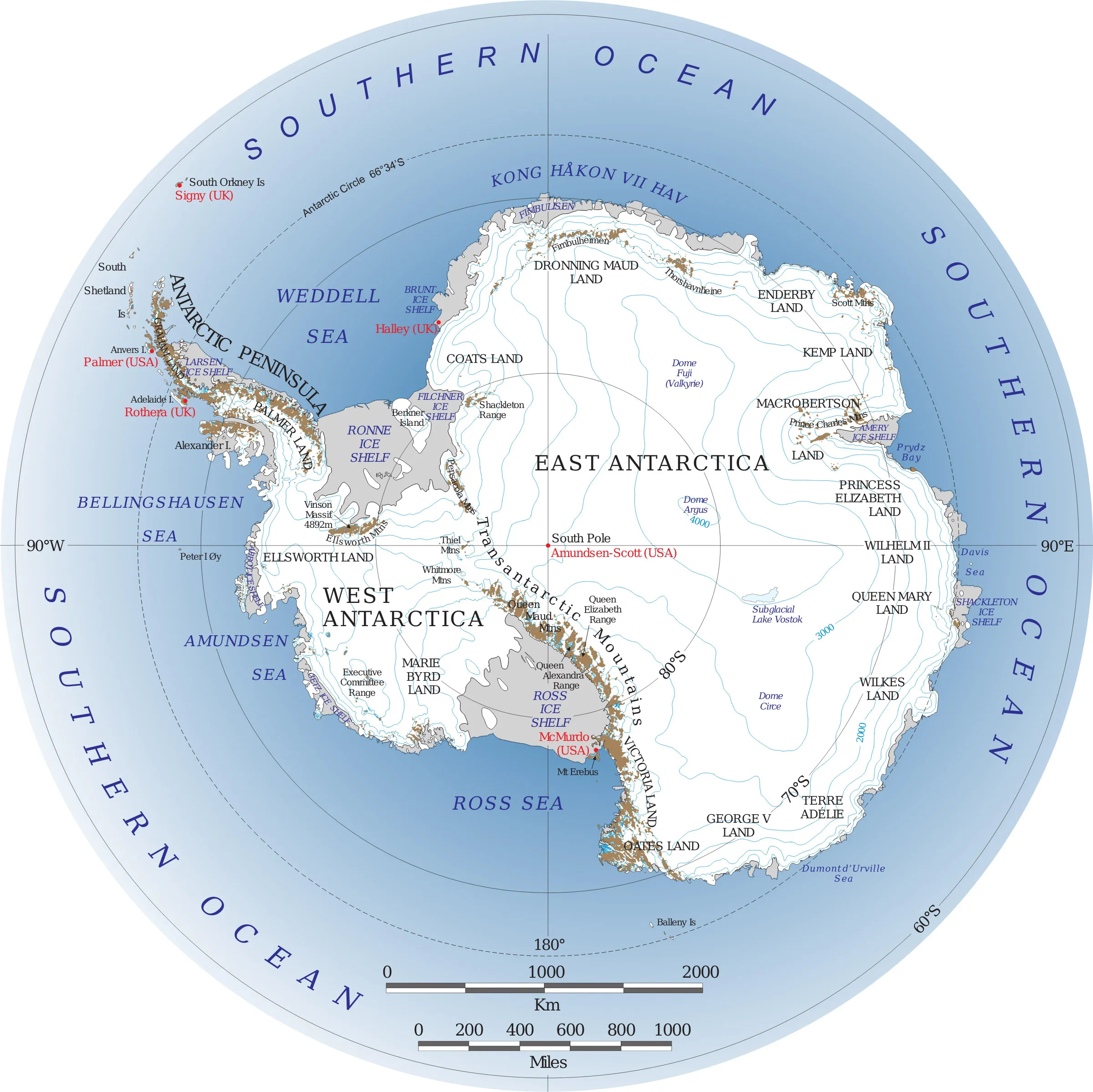
I still stand by my opinion: Quantitative data can’t capture the quality of this place.
The Serenity
After passing the magnificent iceberg, we were in for yet another surprise.
Our expedition leader called a mandatory impromptu meeting for all guests. People started coming up with all sorts of theories as to what was going to happen. But we didn’t guess it right.
The crew notified us that:
a) we were ahead of schedule
b) this meant we would reach Melchior Harbour faster than expected
c) we would get to go out on a Zodiac cruise just 60 minutes after the announcement
It’s hard to describe the energy in the room. People were shouting, laughing, and jumping up. It felt like all of us were back in Kindergarten and someone told us there would be unlimited scoops at the ice cream truck.
Pure mayhem. In the best possible way.
Time was ticking. Each of us had one of four assigned color groups, which were used for a coordinated and batched activities. It’s easier to manage 40 people than 140.
We rushed to our room, put on our thermal undies, zipped up our parkas, clipped up our life jacket, walked down to the 3rd floor (out of 8 floors) base camp, slid into our boots, and waited for the exit hatch to open.
Time to get out.
It was busy, loud, and buzzing on the ship.
But once we hit the waters, there was only silence, bliss, and serenity.
Look at these faces.
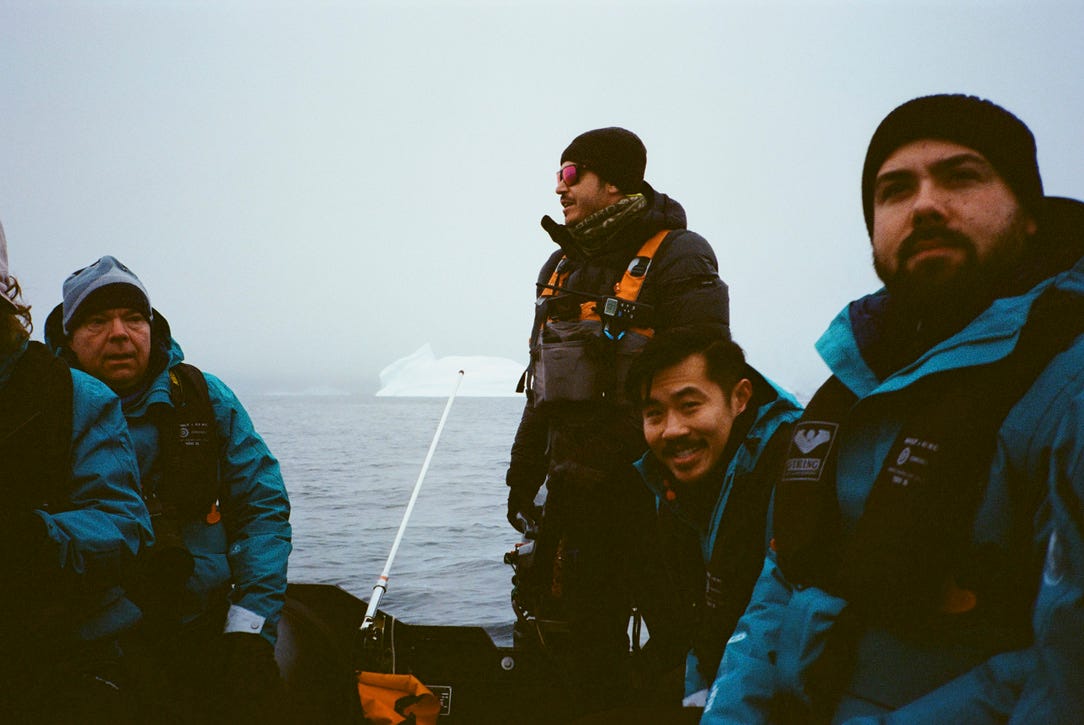
On the Zodiac boat, all eleven of us reacted in different ways. Silence, laughter, exaltation. I had tears run down my cheeks while smiling.
But what it had in common was that everyone was truly and deeply touched.
By the wildlife.
By the history.

And by the untouched beauty of this place.
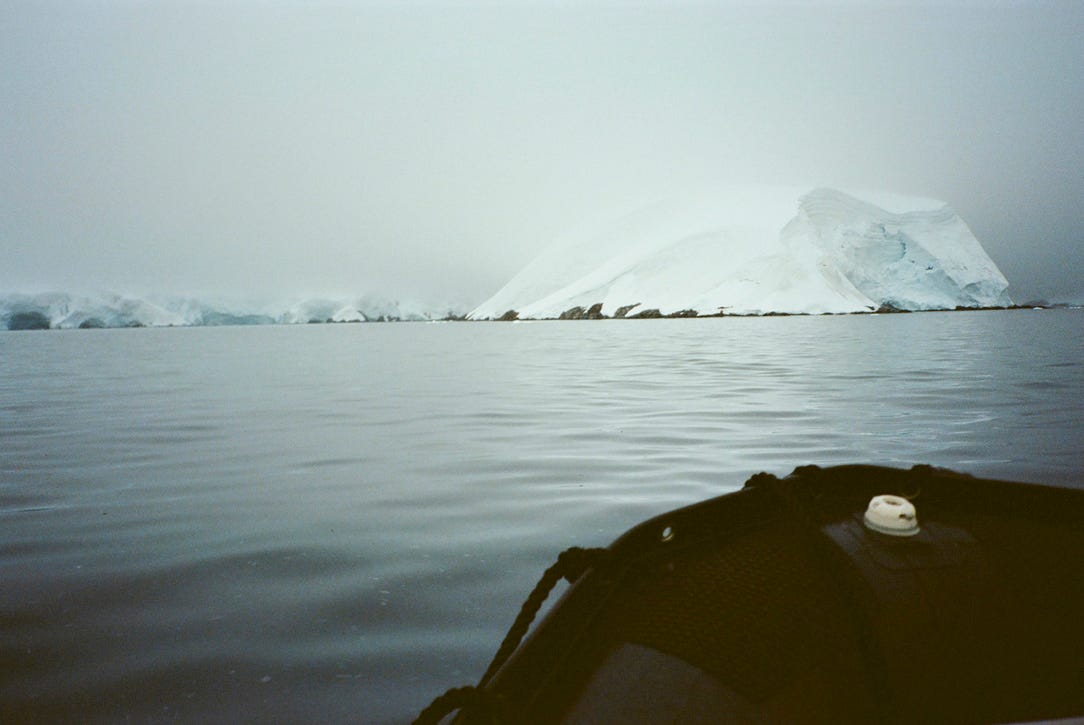
Antarctica is also called The Last Great Wilderness. For a reason.
After experiencing it, it’s hard not to think about the cost of modern-day progress.
The Significance
Initially, when we embarked on this expedition, we’ve been told that “after this trip we will become Ambassadors of Antarctica.”
I didn’t quite understand it then.
Yes, there were a couple of people amongst the guests who had already been to Antarctica and decided to go back at a significant cost and time expenditure. I didn’t think much of it.
But after having done my first trip to Antarctica, I do understand.
And, there’s even scientific evidence for that 👇
The Science of Awe
Experiences of awe can have the following effects:
⏳ Time Perception: (1) Brings individuals into the present moment, and (2) also can expand people’s perception of time, making them feel as though there’s more time available1.
🪞 Self-Perception: (1) Leads to self-diminishment2, where individuals feel smaller in comparison to something greater [never done LSD, but sounds like it’s along the lines of “we are part of the same larger whole” transcendence3], and (2) can motivate individuals to align more closely with their authentic selves4.
🫶 Prosocial Behavior: (1) Can motivate people to be more generous, volunteer more, and enhance connection to others5, (2) as well as motivate meditation of meaning in life6.
From my own experience, all of this checks out.
My wife even told me at some points during the trip that “we should volunteer more” and that she thinks “this trip will finally get her to join the climate race.”
I remembered the statement: “After this trip we will become Ambassadors of Antarctica.”
To that, I’d say: Mission accomplished ✅
My Antarctic Dispatch
I hope that I was able to convey just a little bit of the scale, the serenity, and the significance of this beautiful place.
At this point, I’d like to thank the entire expedition team, the entire crew, and all the old and new friends on our expedition who made it a trip of a lifetime 🫶
Thank you, Antarctica, you are unlike anything I’ve seen before 🇦🇶
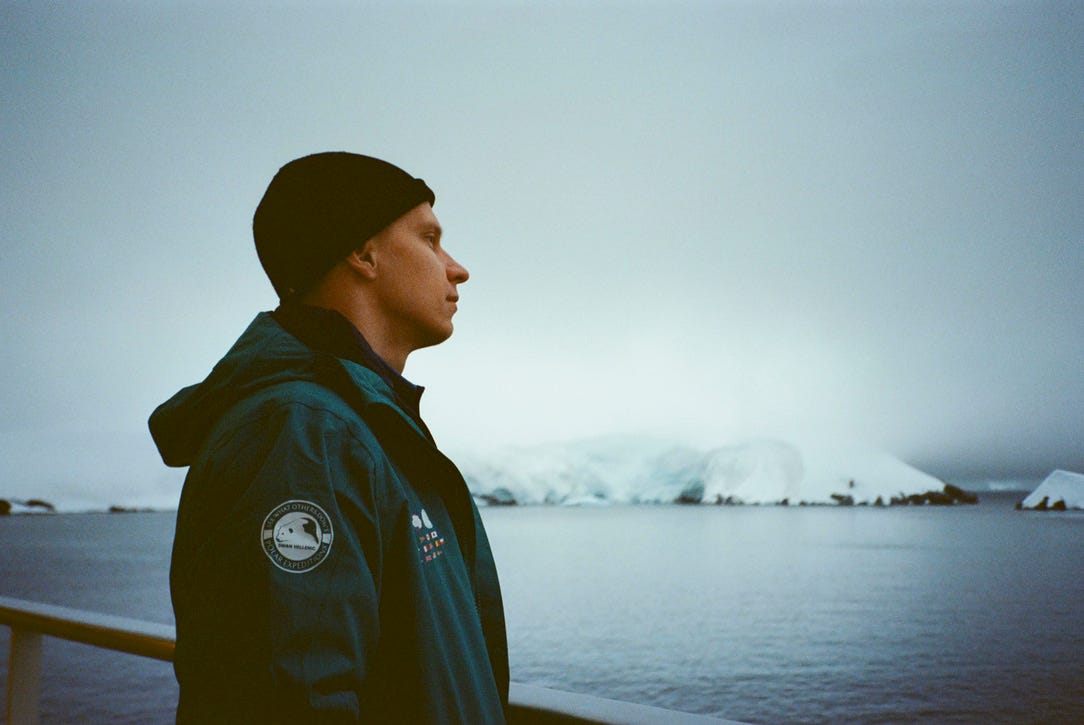
What’s Next?
I will continue writing this series:
The importance of Antarctica for our global climate
Legal implications of the Antarctic Treaty
Interviews with some of the expedition team on a variety of topics (nature photography; ornithology (i.e. birds); cetaceans (i.e. whales); etc. ) - trust me, these interviews will be incredible
And maybe a few more cute pictures of penguins 🐧
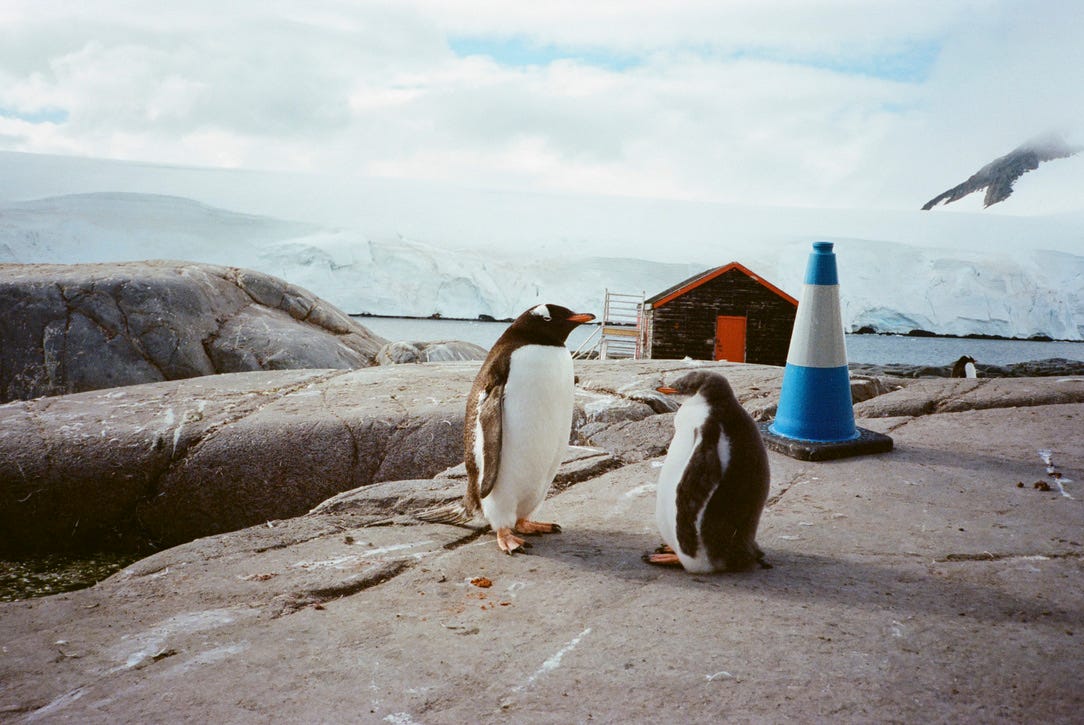
Thanks for reading ✌️
🙏 Thanks to my wife Sara for convincing me to go on this trip of a lifetime. And also a shoutout to my climate buddy Sayesha, who has been an Antarctic ambassador way before me.
If you have any questions about Antarctica, please get in touch 🇦🇶
ibid
https://pmc.ncbi.nlm.nih.gov/articles/PMC10018061/
https://www.southampton.ac.uk/~crsi/Jiang%20&%20Sedikides,%202022,%20JPSP.pdf
ibid
https://pmc.ncbi.nlm.nih.gov/articles/PMC9180055/
ibid




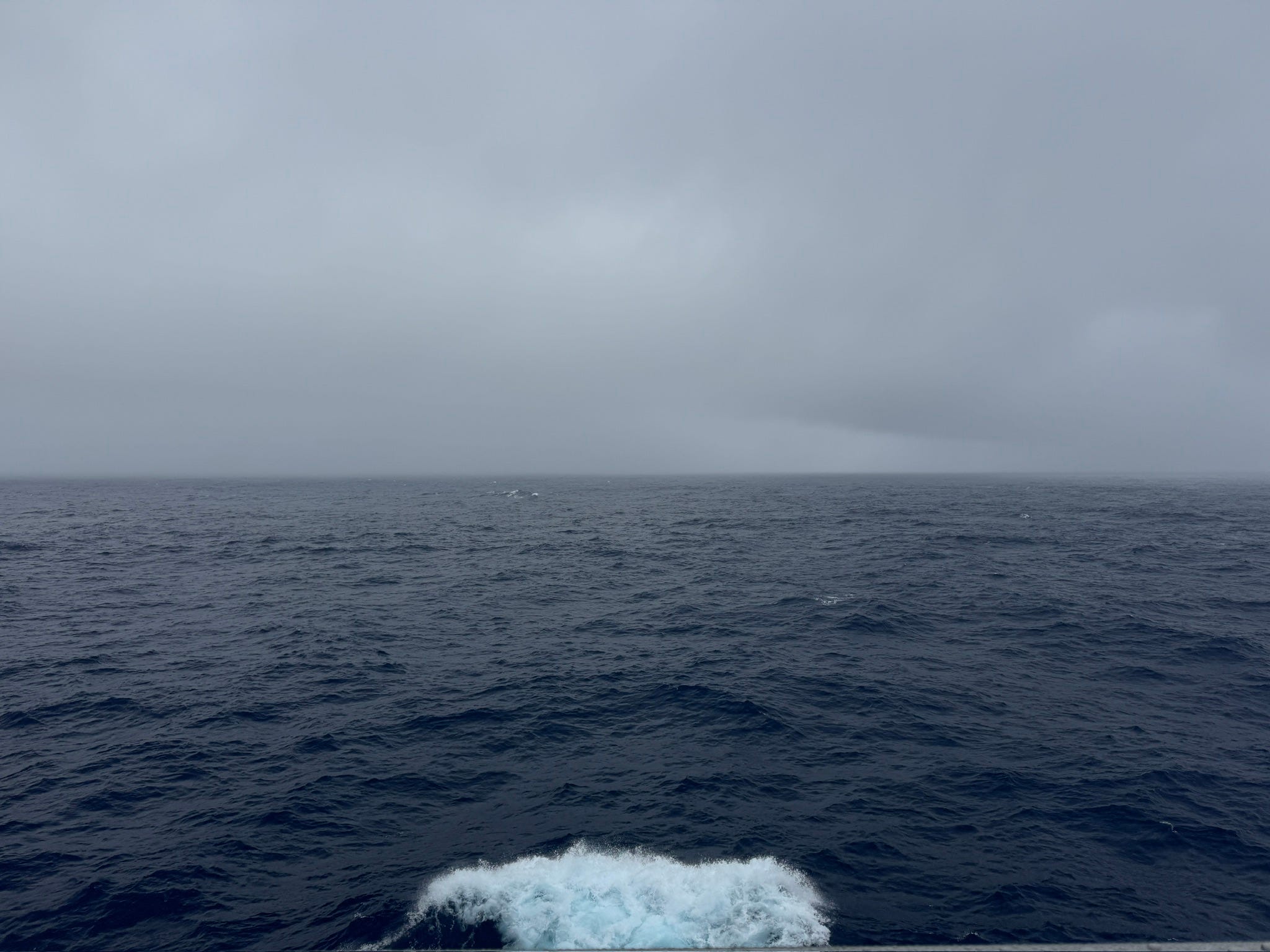
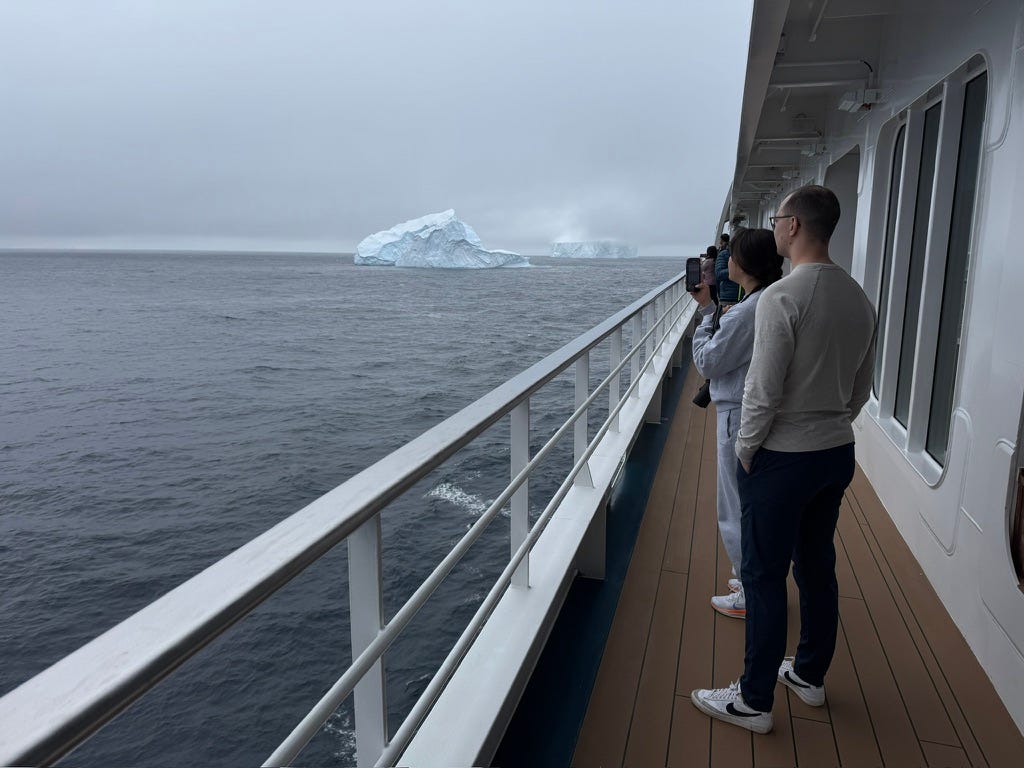
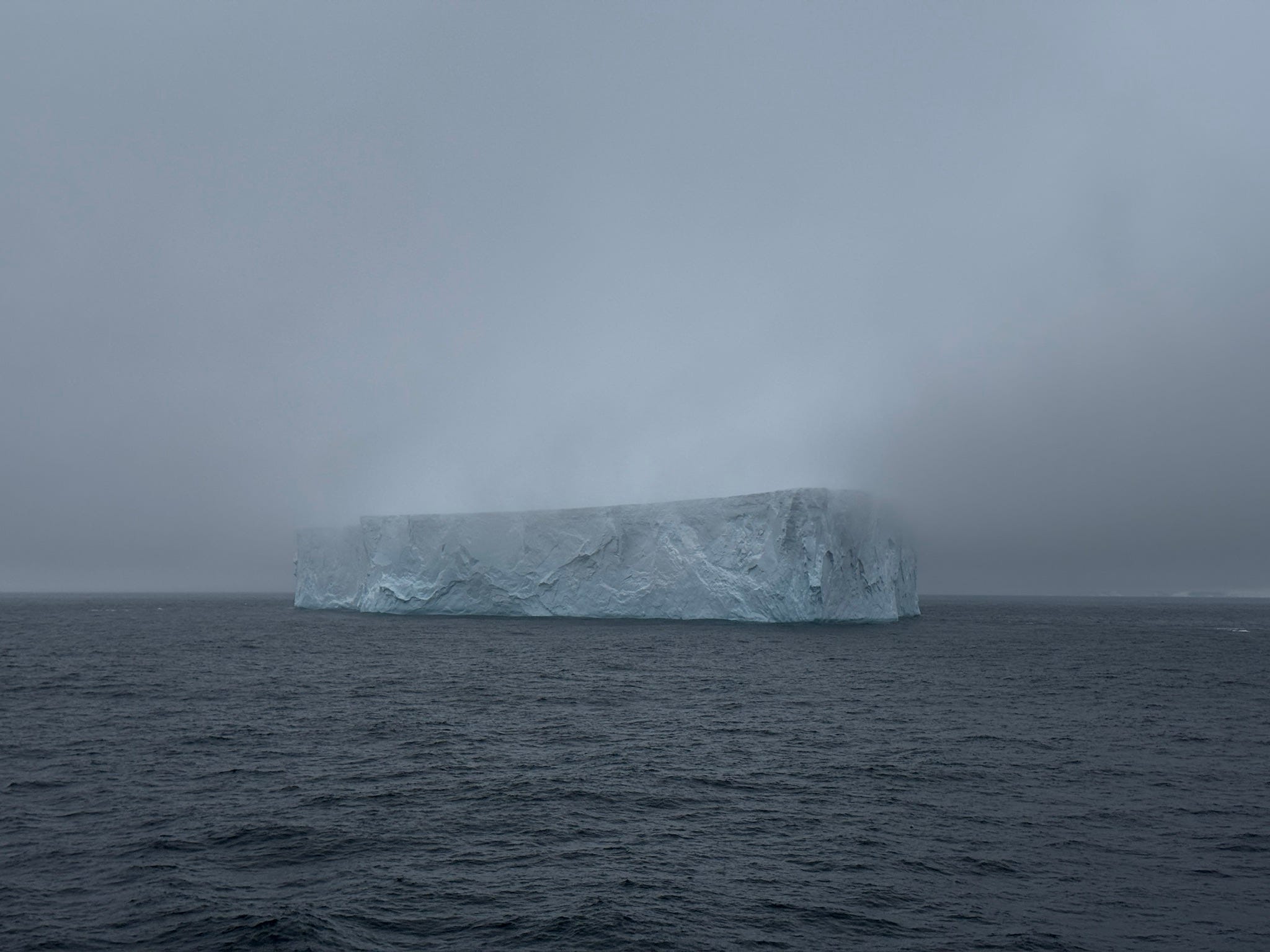
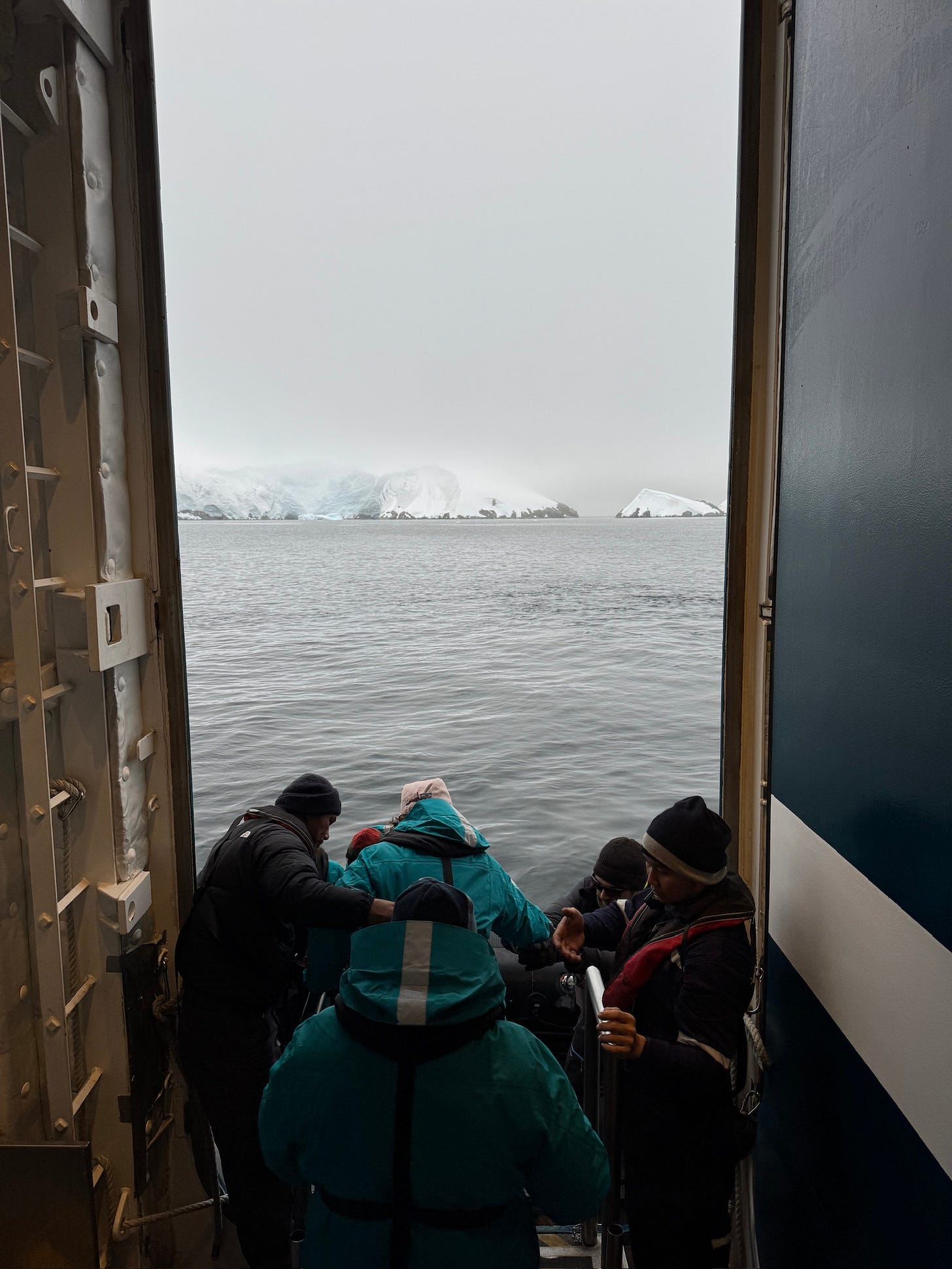
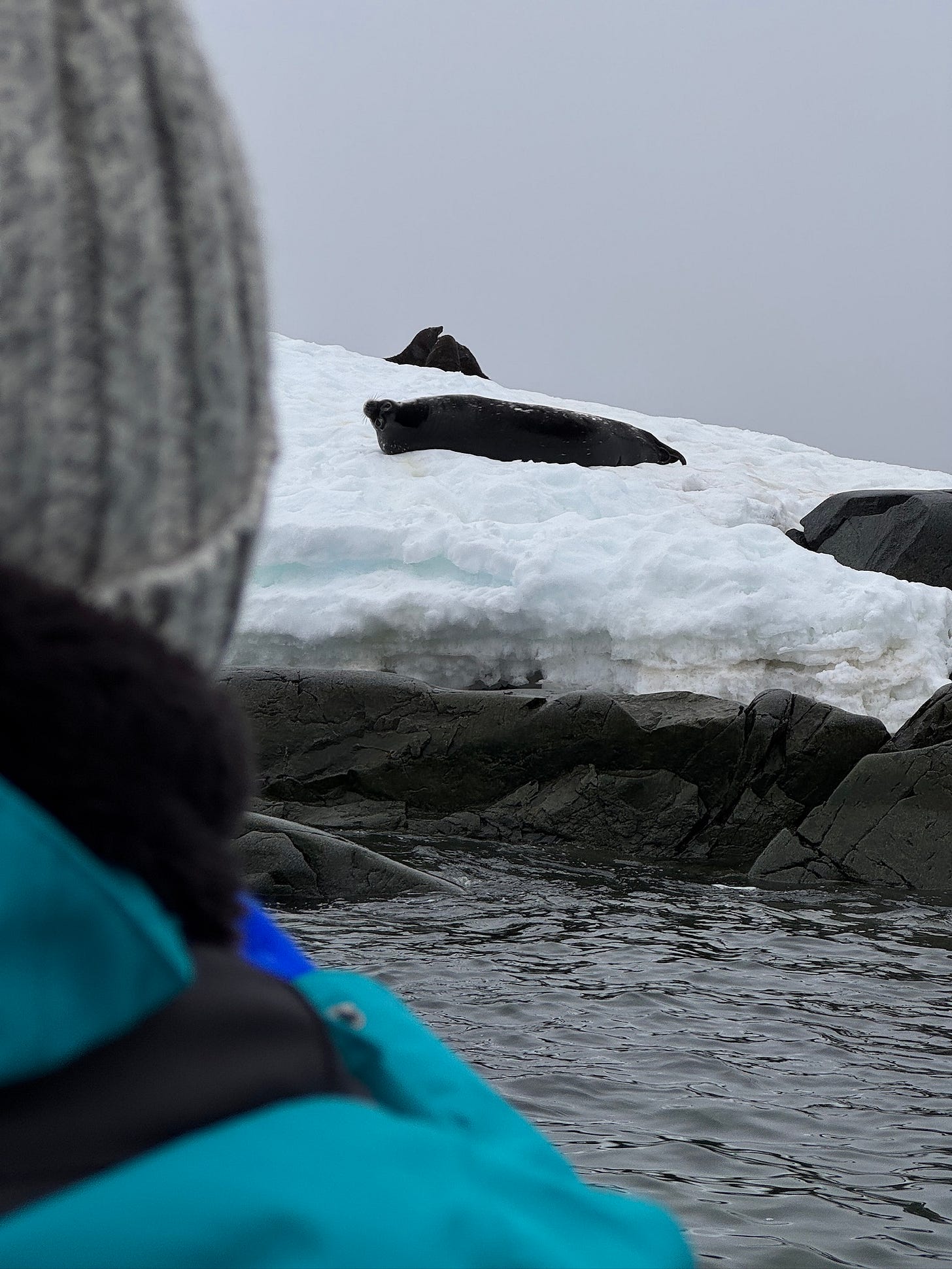
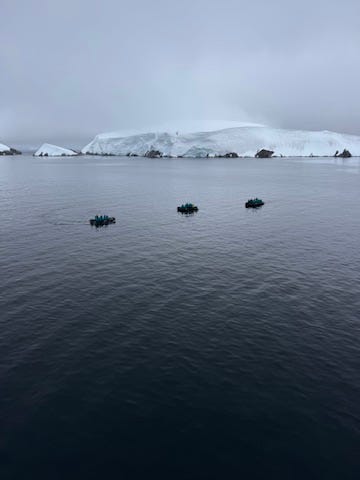
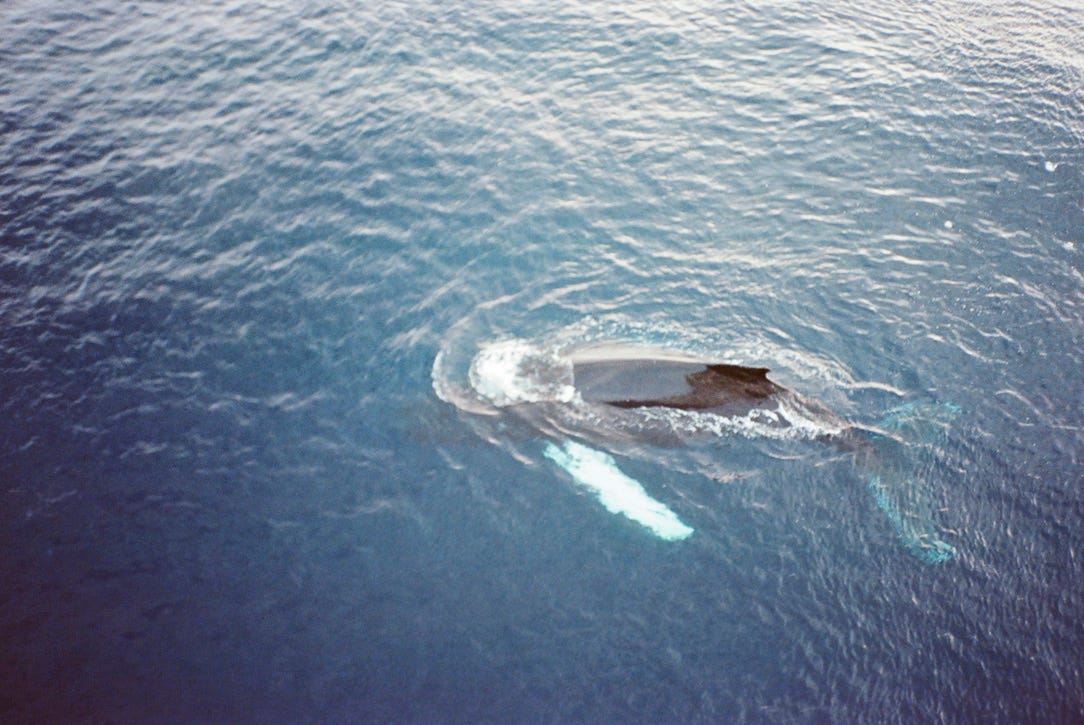
Thanks for the generous shoutout! I guess this calls for an Antarctica catchup. And guess what…I left for Antarctica on March 15 in 2022 - your piece perfectly marked my 3 year anniversary haha ❤️
So on my bucket list. Thank you for sharing.